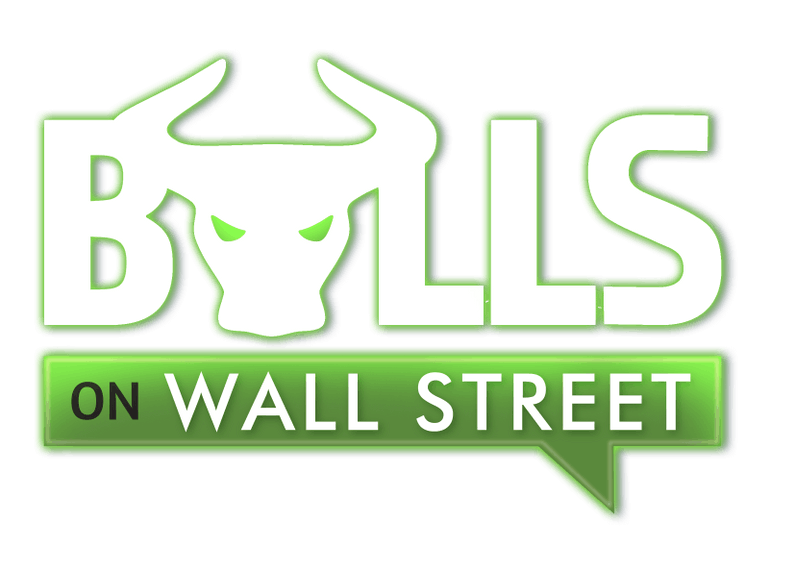[screencast url=”http://screencast.com/t/ARMI9hXnXcey” width=”” height=””]
We’re not going to sugarcoat it; short-term trading isn’t for everyone. Only a percentage make money on a consistent basis, and even fewer are really, really successful. Why do some day traders fail while others enjoy consistent success?
A Realistic Mindset
If you’re new to trading, don’t expect to come out of the gate on top. Even if you’ve been successful in other areas of your life, trading is its own discipline. While it’s human nature to believe success in one area will automatically translate to another, the truth is that you likely have a lot to learn. Go easy on yourself, especially at first, and don’t rush into it. If you have feelings of invincibility or superiority, that’s a red flag, and the market will likely humble you sooner rather than later. Go into trading with the mindset that most traders fail, but that you’re choosing to arm yourself in ways that will increase your probability of success. This is a career. It is no different then being a doctor or lawyer or any other profession. Think about how long a doctor goes to school, the investment, the studying, there is so much work before the money is made. Trading is no different. An investment in time, sweat, and money is needed before you can start to live out your dreams.
Superior Training
Once a realistic mindset is established, you’ll want to surround yourself with the very best teachers. A reckless, rogue mentality causes some to believe that they can “go it alone” or “learn from doing,” but unfortunately, trading room floors are littered with the bones of those who tried this approach. The vast majority of new traders jump from method to method and lose money without learning from their mistakes. One of the things that holds back new traders is the matter of cognitive load. There is an infinite number of variables that can hit a stock at any given time. This is frustrating to new traders. When the lights go on and your hit with all this stimuli it can frustrate you. The only way to get out of that loop is to study a method thoroughly and understand every in and out of that method. Then you repeat it thousands of times so that it becomes muscle memory like shooting a basketball. The Bulls on Wall Street Trading Bootcamp for Stocks was designed specifically for this. We spend 1 month learning all the coursework and strategies. We test and quiz all our students. The 2nd month we take that information and do trade review sessions where we dissect each one of my trades and reverse engineer them. During this time the students themselves will practice trading on simulators that look exactly like our trading platforms. They will practice all the strategies the learned while having a teacher grade their trades. The course covers 19 subjects, including reading indices, setting stops and scaling out, charting, recognizing profitable day trades and swing trades, scanning for potential home runs, and much more. After the course you will spend minimum 1 month on the simulator getting you ready to trade live capital.
Working Capital
While mindset is key, a strong desire and work ethic aren’t enough. The saying that “it takes money to make money” is nowhere more true than in trading. You’ll need working capital to get started, just as you would for any other business. A minimum of $50,000 to $100,000 is ideal to ensure that you’re properly capitalized. When you start to trade, never lose sight of the fact that you’re now a “risk manager” of your business funds. Stick with a proven strategy and high probability trades, and be an excellent steward of your capital. Now that is a very high barrier of entry for 99% of the population which is why we started CliqueFund LP which is our own hedgefund where we give our students capital to trade! We give the opportunity for our students to get accredited to trade in a hedgefund and then give them the best of tools & support possible!
Get Focused
The ability to focus is another invaluable resource of the master trader. Most new traders focus only on money. While this is understandable, doing so actually decreases your odds of success. Using trading as a way to escape a job you hate or to chase your “dream lifestyle” isn’t the answer, either. Trading with the motives of greed, escapism or chasing after a lifestyle never works long-term; with these motives, trading can become the same type of guillotine your day job once was. Every time I have a disaster day its because I start to trade my P&L rather then the charts and it all starts downhill fast! Master traders know that the only viable focus for success is a solid trading plan. You need to develop a trading plan that’s ideal for you and based upon your personality, preferences and the insights you gained during your trading education. If you follow a solid trading plan each day based on sound methodology, you have a chance at mastery.
Restraint
Having restraint is another prime resource of the master trader. A telling characteristic of a novice trader is that they feel compelled to trade every day; however, the best traders stick to trading only on days and within trades that offer a high probability of success. Master traders tend to make fewer trades and don’t feel compelled to trade every day; they look for strong market trends and trade the stocks trending with that market. They don’t try to call peaks or lows, and they aren’t addicted to trading like some who approach the market like a casino. They are methodical, measured, and adept at keeping their emotions out of the trading day, even when things don’t go their way. They cut their losses, and move forward.
High Probability Screening
The ability to screen for high-probability trades is paramount to becoming a master trader. A reward-to-risk ratio of 2.5 or higher is ideal, and a high-quality trading education can help you determine what to look for. The screening process finds maximum momentum acceleration points for securities, and master traders zero in on the highest probability trades and put blinders on about the rest. A huge part of a master trader’s success is doing some homework before the trade occurs, whether it’s the night before or preceding a trade. Success in trading means putting in the time and educating yourself, and this can set the stage for success and profits. I personally use tc2000 by http://www.worden.com it is a tool that I have used for nearly a decade and the one thing I cant live without! For my intraday scanning i use trade-ideas by trade-ideas.com they are by far the best intraday scanner.
Know Thyself
The Greeks said it best—those who “know themselves” have the best chance at happiness and success in life, and this is true in trading as well. Ultimately, YOU are your best resource, and understanding that you’re a human being with strengths and weaknesses is key to success during the trading day. Avoid one-size-fits-all approaches and customize your system based upon your strengths and preferences. Know your best areas of psychological control, and choose a method that works perfectly with who you are. The market, length of the trade, and key indicators should all factor in. Bulls on Wall Street Bootcamp can help you to align your strategy with who you are. Successful traders “know themselves” and don’t try to trade using a methodology that doesn’t fit their personality.
Training, psychological control, experience, and a healthy respect for the market are all resources of the very best. Are you ready to arm yourself with a solid foundation? Contact Bulls on Wall Street today, and get started on the road to becoming a master trader.
If you guys ever need any help feel free to email me kunal@bullson.ws


